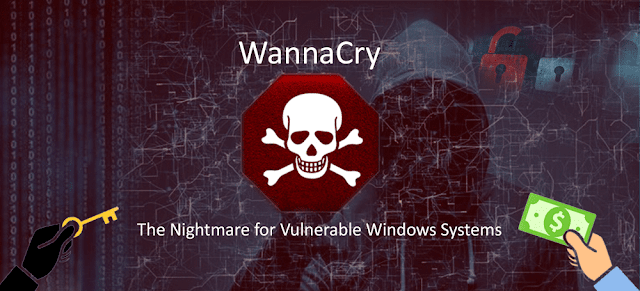Russian Ransomware Gang Targets Medicare Recipients Through MOVEit File Transfer Service
Russian Ransomware Attack Exposes Sensitive Medicare Data
In a shocking turn of events, a Russian ransomware gang has targeted the sensitive data of over 330,000 Medicare recipients, exploiting vulnerabilities in the MOVEit file transfer service. This breach has led to the exposure of personal information, including Social Security Numbers (SSNs) and medical histories, raising concerns about healthcare data security. In response to this cyber attack, the Centers for Medicare & Medicaid Services (CMS) is taking proactive measures to protect affected individuals by offering free credit monitoring for 24 months. In this blog post, we delve into the details of the incident and discuss the implications for cybersecurity in the healthcare sector.
Details Of Breach:
The breach involved compromising personal data from over 330,000 Medicare recipients, risking their privacy and security. The stolen information includes Social Security Numbers, a key identifier for individuals, and detailed medical histories. Such a breach has far-reaching implications, as this data can be exploited for identity theft, insurance fraud, and other malicious activities.
Implications Of Medicare Recipients:
The implications are significant for the more than 330,000 individuals impacted by this breach. The compromise of personal information poses a serious threat to privacy and security. Medicare recipients are now at risk of identity theft, fraudulent activities, and unauthorized access to their medical records. The potential misuse of this data raises concerns about the long-term impact on affected individuals.
CMS Response:
In response to the security breach, CMS has taken immediate action to mitigate the damage. One of the key measures is the provision of free credit monitoring services for 24 months. This step aims to empower affected individuals with the tools to detect and respond to any suspicious activity related to their financial accounts. CMS is also working closely with cybersecurity experts to enhance the overall security infrastructure and prevent future attacks.
The Growing Threat to Healthcare Cybersecurity:
This incident sheds light on the escalating threat landscape surrounding healthcare data. Cybercriminals are increasingly targeting the healthcare sector due to the immense value of the information stored within its databases. The MOVEit file transfer service breach underscores the need for robust cybersecurity measures and constant vigilance to safeguard sensitive patient data.
The Importance of Regular System Audits:
Incidents like the MOVEit file transfer service breach underscore the importance of regular system audits and vulnerability assessments. By identifying and addressing potential security loopholes, organizations can fortify their defenses against cyber threats. Continuous monitoring and timely updates to security protocols are essential in the ongoing battle against cybercriminals.
Protecting yourself:
In light of this breach, individuals must take proactive steps to protect themselves. Beyond the credit monitoring offered by CMS, affected individuals should consider additional measures such as updating passwords, enabling two-factor authentication, and regularly monitoring their financial accounts for any unauthorized transactions. Additionally, staying informed about cybersecurity best practices can help individuals navigate the evolving landscape of online threats.
Final Thoughts:
The Russian ransomware attack on the MOVEit file transfer service serves as a stark reminder of the persistent and evolving nature of cybersecurity threats. As individuals and organizations grapple with the aftermath of this breach, it is imperative to prioritize cybersecurity measures and remain vigilant in the face of emerging threats. The CMS's swift response to offer free credit monitoring demonstrates the commitment to protecting the affected Medicare recipients, but it also underscores the need for collective efforts to strengthen our digital defenses in an increasingly interconnected world.







Comments